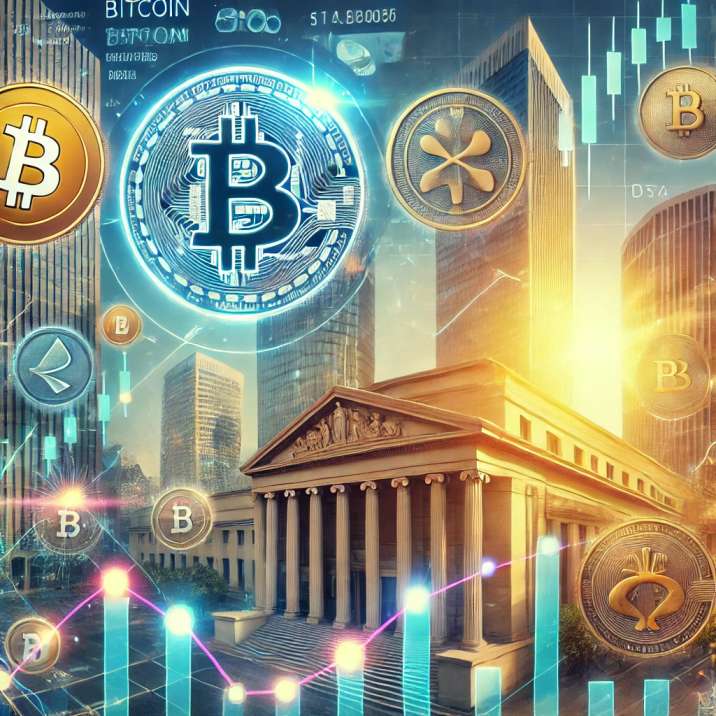
The Reserve Bank of India (RBI), in its latest Financial Stability Report (FSR), has issued a cautionary note on the widespread use of crypto assets, including stable coins, citing their potential to disrupt India’s economic and financial stability.
Key Risks Posed by Crypto Assets
1. Impact on Monetary Policy and Fiscal Risks:
- Undermining Monetary Policy: The RBI highlighted that excessive use of crypto assets bypasses traditional financial channels, reducing the effectiveness of monetary policy interventions.
- Worsening Fiscal Risks: Crypto assets could circumvent capital flow management measures, potentially leading to greater fiscal instability.
- Diversion of Resources: A significant shift of resources into cryptocurrencies could divert investments from real economy sectors, threatening economic stability.
2. Systemic Risks and Global Implications:
- While the crypto market size remains relatively small, its growing integration with traditional financial systems poses systemic risks.
- The RBI specifically pointed to the potential “run risks” associated with stablecoins, which are cryptocurrencies pegged to reserve assets like the US dollar.
Surge in Crypto Prices and Stablecoin Market
- Bitcoin, the world’s largest cryptocurrency, recently reached an all-time high of $108,316, driving a sharp increase in the market capitalization of stablecoins.
- Stablecoins, which enable lending, borrowing, and trading in digital assets, have gained significant traction in the crypto market.
- Despite their growing prominence, the RBI has flagged concerns over their potential to amplify financial vulnerabilities.
Tokenisation and Its Potential Risks
The RBI also raised concerns over Distributed Ledger Technology (DLT)-based tokenisation, which involves the creation of digital representations of real-world assets like bank deposits and government securities.
- Current Risks: Although tokenisation is still in its infancy, the RBI noted its potential to deepen the interconnectedness between traditional financial systems and decentralized finance (DeFi).
- Future Concerns: Tokenisation could expose the financial system to risks such as liquidity mismatches, leverage issues, and asset price volatility.
Growing Popularity of Crypto Assets in India
- Indian crypto exchanges like CoinDCX and CoinSwitch boast user bases of 16 million and 20 million, respectively, reflecting the rising popularity of digital assets in the country.
- Despite this growing adoption, the RBI’s warning emphasizes the need for regulatory oversight to mitigate risks associated with crypto assets.
Conclusion: A Call for Caution
The RBI’s stern warning underscores the urgency of monitoring and regulating the rapidly growing crypto market. With risks ranging from reduced monetary policy effectiveness to systemic vulnerabilities, safeguarding India’s economic and financial stability requires coordinated efforts between regulators and stakeholders.
As crypto assets continue to gain traction, the balance between fostering innovation and ensuring financial security will be critical to navigating the evolving landscape.


